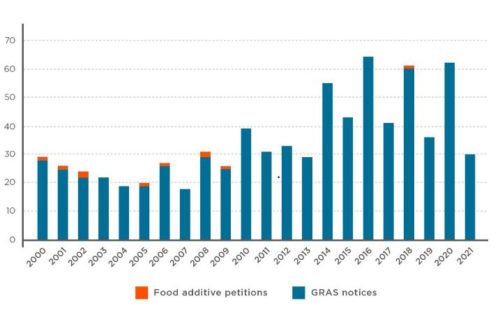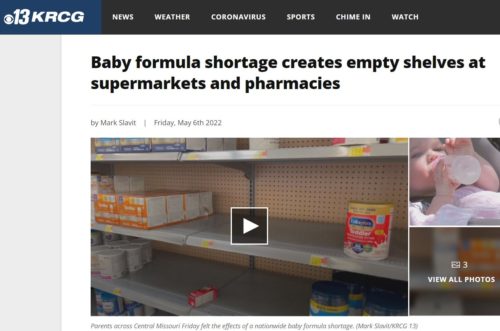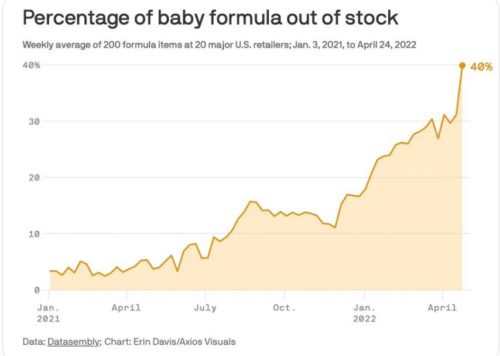More FDA educational initiatives: Supplements this time
The FDA’s food operations are under siege over problems with infant formula, the Fresh Harvest recall, and all its other food safety and regulatory problems.
As you saw yesterday, it has plenty of time for educational initiatives.
This one is called “Supplement Your Knowledge.” Its purpose is to help inform health care professionals, consumers, and educators about the hazards of dietary supplements.
How is the FDA helping with this?
- For consumers: Public education videos and fact sheets.
- For educators: Curriculum guide, Science and Our Food Supply: Examining Dietary Supplements (2021 Edition).
- For healthcare professionals: In collaboration with the American Medical Association (AMA), a continuing medical education (CME) program, free. This includes three videos and companion education materials available on the FDA’s Healthcare Professionals website. Physicians should go to the AMA Ed HubTM
The FDA is worried about harm from thousands of products that are largely unregulated, thanks to the Dietary Supplement Health and Education Act of 1994 (DSHEA). This act took the FDA out of the business of regulating supplements, allowed supplement manufacturers to claim pretty much anything they want about supplements (regardless of evidence), and left ghe matter of what’s actually in the bottles as a matter of faith.
More than half of American adults take supplements of one kind or another, despite lack of evidence that they do any good at all for reasonably healthy people. Fortunately, most are harmless.
The FDA wants to encourage supplement users to report adverse effects from the ones that aren’t.
I’m guessing the AMA wants to discourage physicians from inappropriately suggesting supplements and encourage them to recognize adverse events when they see them.
Congress passed DSHEA. It will take another act of Congress to protect the public from supplements that contain what they shouldn’t, don’t contain what they should, and otherwise mislead the public about what they can do.
Related Information
- To report a problem: the Safety Reporting Portal.
- Dietary Supplements Social Media Toolkit
- Additional information on dietary supplements: www.fda.gov/dietarysupplements.
- Constituent Update
- Dietary Supplements Education Initiative
- Information for Consumers on Using Dietary Supplements
- Dietary Supplements




